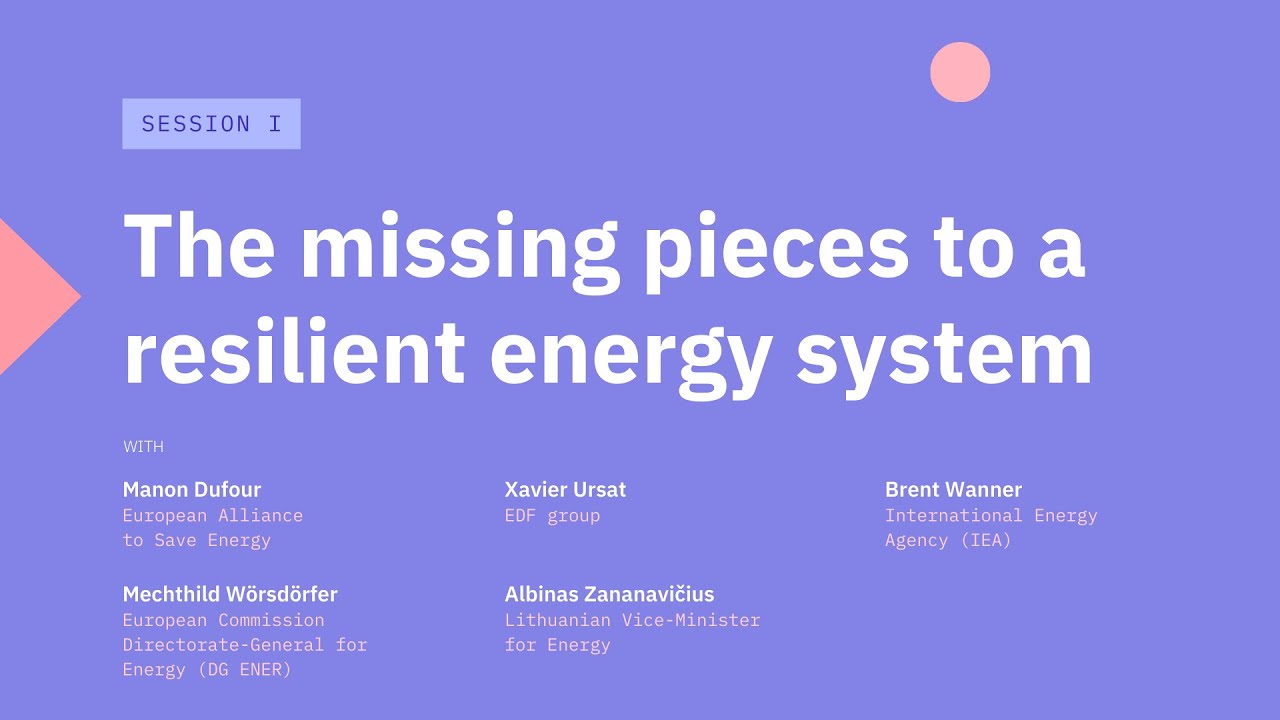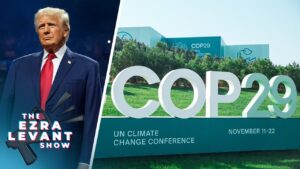
The EU needs to limit its exposure to energy shocks. Despite decreasing dependency on Russia, the EU still imports almost 60% of its energy and faces new supply risks. Strengthening energy security and accelerating decarbonisation will need to remain high political priorities in the next EU institutional cycle.
A resilient and well-integrated European energy system is essential for achieving the EU’s key priorities. Reliable and abundant clean power is crucial for advancing digital technologies and AI, enhancing industrial and economic competitiveness, and meeting the 2030 and 2050 climate targets.
This future clean energy mix will rely heavily on electricity. Although the share of renewables in the EU energy mix has doubled over the past twenty years, the renewables sector faces challenges. Solar and wind industries are affected by volatile prices of critical raw materials, long permitting processes, and a significant investment gap in grids and electricity storage, which constrain the potential of renewables in Europe.
———————————————————
Subscribe! ► http://bit.ly/2n5HBDp
Connect. Debate. Change.
Website: http://www.friendsofeurope.org/
Twitter: https://twitter.com/FriendsofEurope
LinkedIn: https://www.linkedin.com/company/friends-of-europe
Instagram: https://www.instagram.com/friendsofeurope/
Facebook: https://www.facebook.com/friendsofeurope.foe
source






